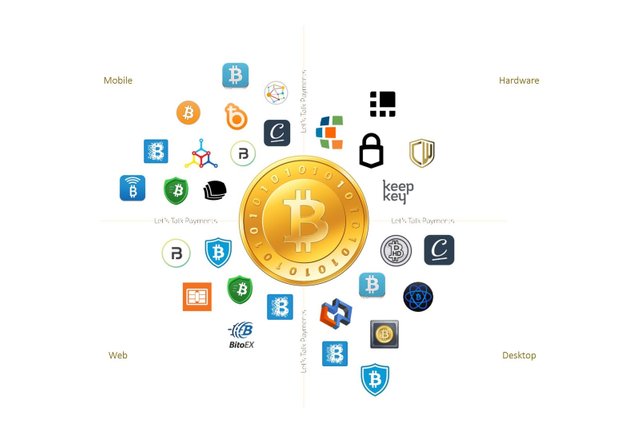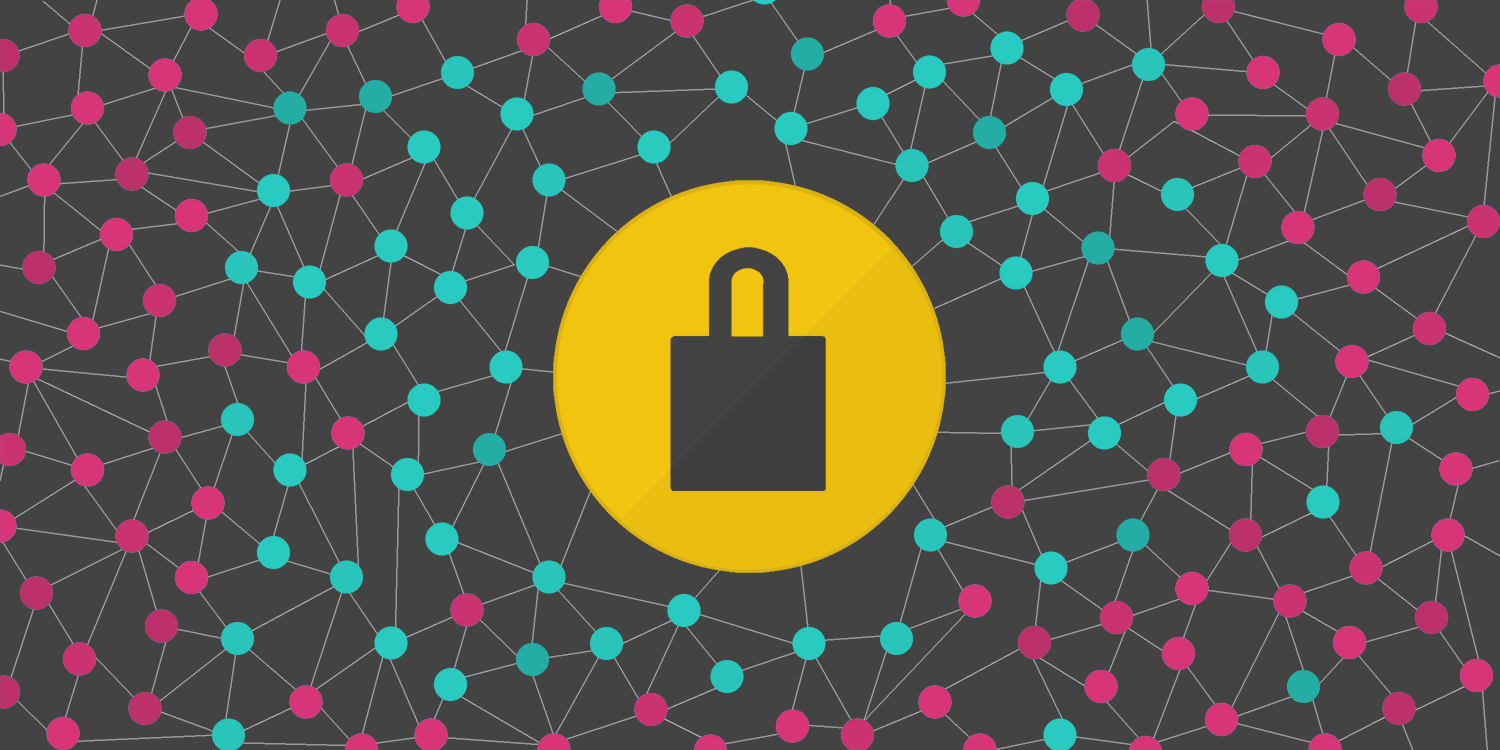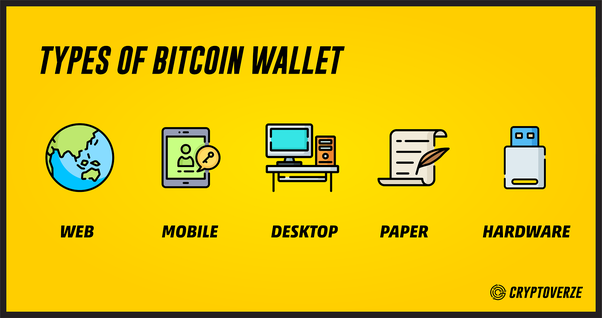

thanks to bitcoin world exchange for this article
Lesson 4: Bitcoin Wallet
Lesson 4: Bitcoin Wallet
Thanks to Bitcoin exchange guide,click here to get more info(aweber.com)
What is a Bitcoin Wallet?
- Software Wallet: A software wallet holds your private keys in a mobile app or desktop software application. You might download a mobile app like Mycelium for iOS or Android, for example. This is a software wallet. Someone sends money to your wallet by putting your public key in the “send to” field, although your private keys are never revealed to anyone but yourself.
- Online Wallets: Online wallets will store your private keys with an online wallet provider. Unlike a software or hardware wallet, your private key isn’t stored on your own device. The main advantage of an online wallet is that you can access your bitcoins anywhere you have internet – although you’re sacrificing significant security over your funds.
- Exchange Wallets or Online Wallets: Many cryptocurrency exchanges allow you to store bitcoin without actually accessing your private keys. In reality, you don’t actually own your bitcoin, and your exchange account isn’t a true wallet. Instead, exchanges will reserve bitcoins for you until you withdraw, at which point you can store your private keys in a bitcoin wallet you genuinely own.
- Physical Wallets: Physical wallets consist of USB thumb drive-looking devices like the Trezor or Ledger Nano S. A physical wallet can also be something as simple as a piece of paper on which your private keys or passphrase are printed. Some people attach their physical wallet to their keychains for easy daily usage. Others store physical wallets in a bank vault or safe.
- How to Choose a Wallet for Maximum Security and Anonymity
- Top 6 Bitcoin Wallets Available Today
- The Trezor or Ledger Nano S (two separate hardware wallets from two different companies)
- Bitcoin.com (a mobile app and desktop software wallet)
- Blockchain.info (an online wallet)
- Electrum (a software wallet for Android and desktop users)
- Paper wallets and other cold storage solutions
- Mycelium (a mobile app)
Today, we’re explaining everything you need to know about safely storing your bitcoin (BTC) in a bitcoin wallet.
In yesterday’s lesson, we explained the unique functions behind the price of bitcoin. We talked about how the supply of bitcoin will always stay at 21 million, although demand has gradually increased over time. This has led to a deflationary system – or an increasing price of bitcoin.
In today’s lesson, we’re explaining how bitcoin wallets work – and why they’re different from any wallet you’ve owned in your life.

A bitcoin wallet is similar to a traditional wallet in that both are used to store money. The similarities, however, stop there.
A bitcoin wallet doesn’t hold stacks of paper bills or credit cards. Instead, a bitcoin wallet stores something called your “private keys”. These private keys essentially “unlock” your bitcoins on the bitcoin blockchain.
In order to buy, sell, spend, or store bitcoin, you’ll need to get a bitcoin wallet. There are different types of bitcoin wallets, including all of the following:

Choosing a wallet can be tricky. Exchange wallets can be convenient and easy to open, but they don’t offer strong security – and you don’t actually own your private keys.
Fortunately, there are more bitcoin wallets today than ever before in history. It takes 3 seconds to download a bitcoin wallet app like Mycelium from the Google Play Store.
Once you’ve downloaded a mobile wallet app for iOS or Android, all you need to do is copy the wallet address and transfer your bitcoin to that wallet. Within 10 to 30 minutes, your bitcoin private keys will be stored entirely on your smartphone.
Of course, some people don’t feel safe with just a software wallet. Some people – particularly those with large amounts of bitcoin – will want to invest in a hardware wallet like Trezor or the Ledger Nano S. You can store your private keys on these wallets, then lock them away in a bank vault or a safety deposit box. Your bitcoins will never be compromised. You can withdraw them at any point simply by connecting your hardware wallet to a computer.
Ultimately, many people approach bitcoin wallets with three basic principles:
Never store your bitcoin on an exchange for longer than necessary (i.e. outside of times when you’re actively buying and selling)
Treat your software wallet – like your app or a similar program – like a checking account or debit card with some daily spending funds
Treat your hardware wallet – like your Trezor or Nano – like a savings account or retirement fund that you access only rarely

The most popular bitcoin wallets available today include:
Ultimately, bitcoin wallets today are extremely easy to use. Even if you’re not tech-savvy, you should have no trouble using these bitcoin wallets to secure your cryptocurrency funds.
In the next lesson, we’ll explain how bitcoin transactions work – including the unique technology that occurs behind the scenes when you send or receive bitcoin.
Downvoting a post can decrease pending rewards and make it less visible. Common reasons:
Submit